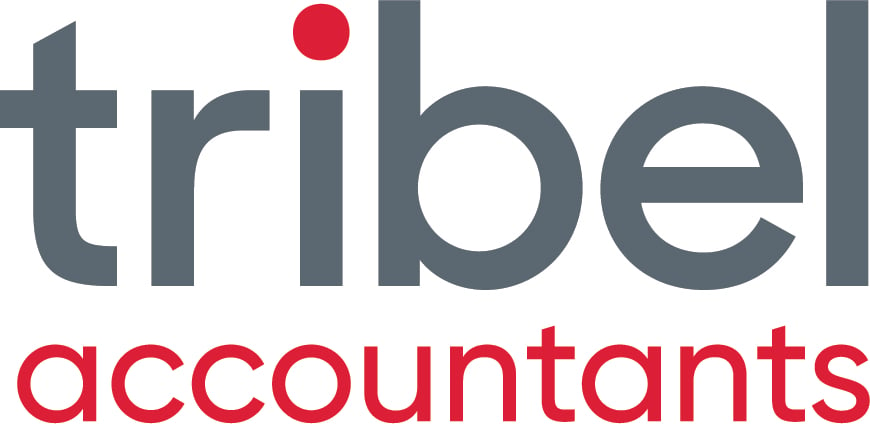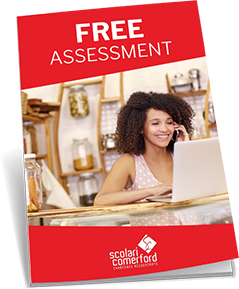INTRODUCTION:
I've learned very quickly over the years that just like any other business, you have to provide value. So as a small business accountant, it's not just about saving tax and preparing financial statements. To solve a problem for a customer or client it's very important to ask questions. This is as true for salespeople as it is for professionals.
So what are the types of questions that small business accountants should ask to give their clients maximum value?

Figure 1: Sometimes you need to be a listener and assume your clients are on the couch explaining what their problems are. Photo courtesy of Lara Scolari Gallery Balmian & Balmain Baz
1. Background Questions
It's always a great place to start by understanding a business's background like how and when it started. Get a feel as to why the owner really believes in what they do and sell and where they hope to take the business over the short, medium and long term. Who is the key buyer of their products? What is their point of difference? Who are their competitors etc.?
2. Motivation Questions
This together with problem questions below will help establish the client's objectives. Ask what is motivating them and where do they hope to get to in terms of revenue, profitability, employee numbers etc.
3. Problem Questions
Ask what is currently stopping them or what is getting in the way. As they explain these make sure as a small business advisor you listen! Each time they mention what problems they are having ask the client why they think that is (even if they are not sure).

Figure 2: Helping a client to feel they are winning the battle will make all the difference.
4. Measurement Questions
This is where it is important to ask what the specific outcomes would look like and how they can be measured to make sure a level of success can be achieved. For each problem there should be a set of measurements that will show the situation is improving, staying the same or getting worse. In order to show value, be specific in how a number or situation is getting better will be crucial to getting the client to see that it was well worth the time, effort and investment to be spent with you.
Some of these will be simple such as:
- increased revenue;
- increased profit;
- much better cash flow such as lower debtor days and inventory days;
- customer satisfaction;
- employee satisfaction;
- higher small business valuation.
Others might not be as simple so this is where you need to make sure that these can be articulated in terms of a satisfactory outcome for the client.
5. Value Questions
Once you have established the objectives it is important to understand what value to the client it would bring if you can assist to help solve these problems. It might mean better sleep at night or extra holidays or time with the family or even an earlier retirement!
6. Consequence Questions
These questions are based around the concept of what is the consequence for the client if the problems aren't fixed. This will give you a sense of urgency that the client places on the matters and will also highlight which ones need to be fixed first and foremost.

Figure 3: What it may mean to a client if these problems aren't fixed!
CONCLUSION:
Being a great small business accountant is all about asking the client the right questions so that you can really make a difference to their lives when they need assistance.
Better questions means better solutions which means more profits and cash flow for the clients and more profits and cash flow as an advisor.
Everybody wins!


.png?width=100&height=100&name=COVID_Safe_Badge_Digital%20(002).png)




